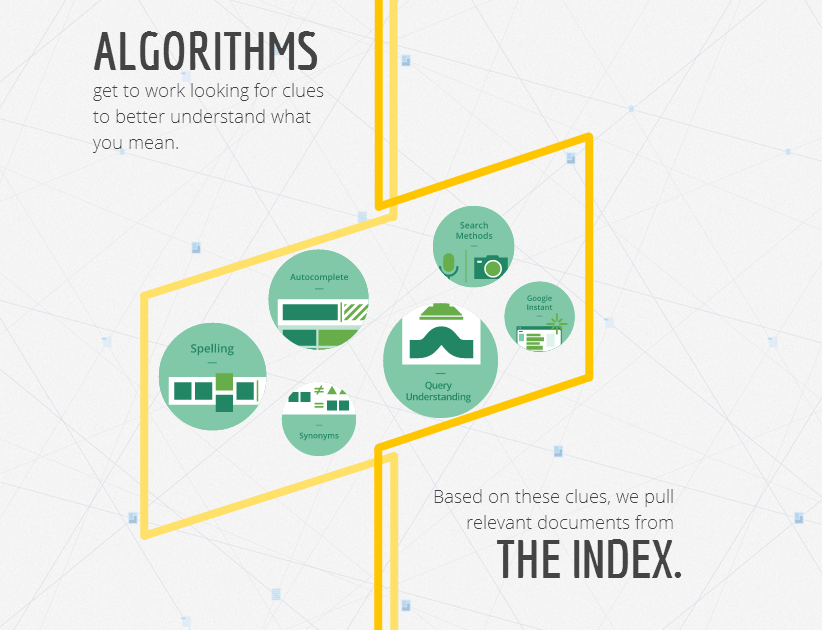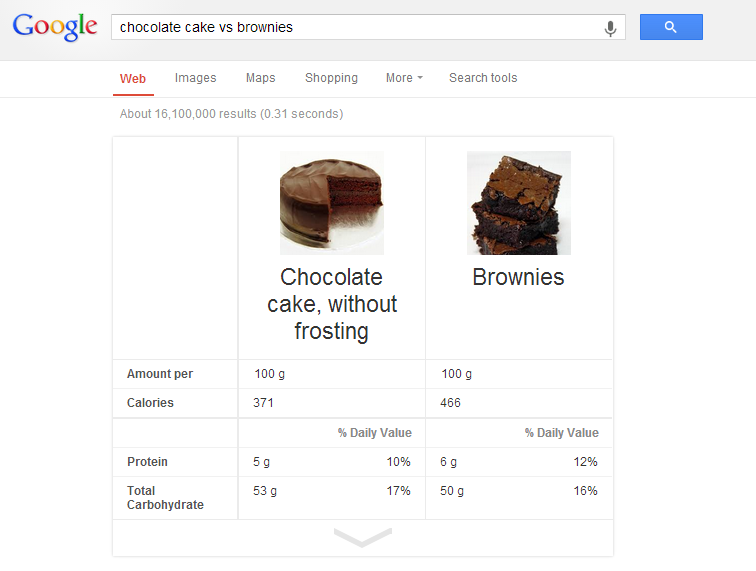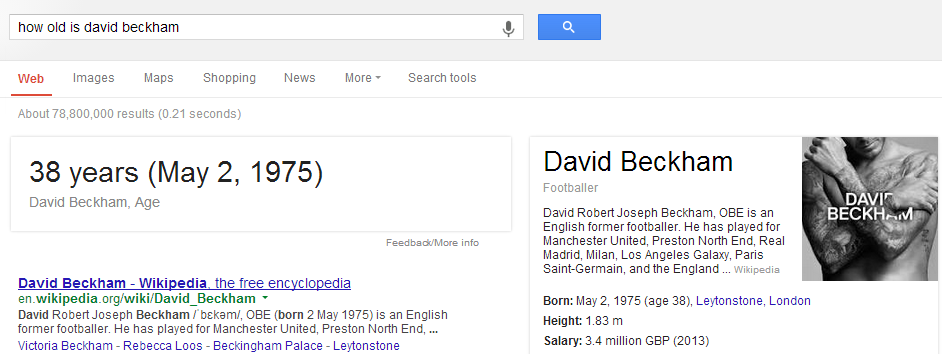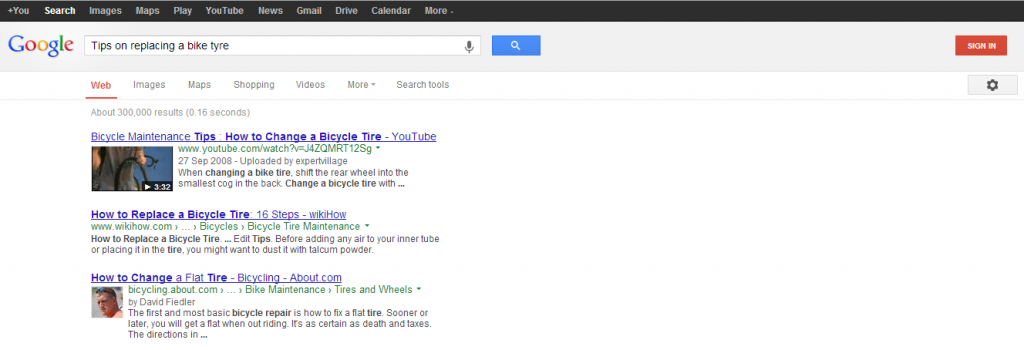Last week Google announced a major algorithm re-write to coincide with the 15th anniversary of the search engine’s inception.
The search engine celebrated the milestone in style with a super addictive piñata doodle, an Easter egg sending us back to Google circa 1998 and a birthday party and press conference hosted in the garage of the house where Google got its start – 232 Santa Margarita, Menlo Park.
At the well-publicised press conference, Google’s Senior Vice President for Search Amit Singhal announced that there had been a major change and that Google now ran on a new algorithm. The change was called Hummingbird and according to Singhal, it had already been in place for a month!
What is Hummingbird and why didn’t anyone notice?
Hummingbird is not an update – it is a complete redo of the algorithm. The intention is to offer searchers quicker and more accurate query results, but it appears to go a fair bit deeper than that. It seems that the Google algorithm is now better tuned to understand the more conversational style queries and the context of these queries. This is surely a significant step in Google’s evolution, moving away from results that hinge purely on one or two keywords in the search query, and getting closer to understanding the exact intention of the searcher.

With this news, search practitioners around the world dived into their analyses trying to understand what had changed but the general consensus was simple: Google’s core natural research-based algorithm had not changed (beyond normal fluctuations) in a way that was visible in the metrics. The overall page layout and design has evolved to incorporate Google’s Knowledge Graph based results, providing more information for the searcher.
Google Search is constantly evolving. It has already been quite some time since we began to see smarter results. When you type in London weather, you get the weather in London. A mathematics equation typed into the search bar prompts a calculator with the response. The goal of Hummingbird is to take Search one step further and make it so that Google understands the intent of the queries by identifying relationships between items, people and places.
Charlotte Bella, an Account Manager at Found, described Hummingbird well – “It is a more intelligent search algorithm that is trying to be more human and efficient in the way it interprets queries.”
How are the answers smarter?
If you are curious about the nutrient difference between chocolate cake and brownies, Google can help with that:

Hummingbird is also set to be a positive step for anyone using Voice Search as verbalised queries tend to be different than typed searches. As Denis Pinsky wrote in an article on Forbes “Many people learned that the best way to formulate search phrases to get what we want involves finding the minimum number of words in the search query.”
Where users would have once would search “David Beckham age” to find out how old the footballer is, now you can simply ask “How old is David Beckham” and Google understands.

Another update to the algorithm (though I can’t seem to get this to work myself) allows for Google to understand the word “it” on a second reference of a name or an object – “using previous search. So you can ask “How old is the Queen” and then ask “Is she married” and Google should pull up results about Prince Philip, Duke of Edinburgh.
By moving past queries relying on simple use of keywords, Hummingbird sets out to be able to answer queries that are more complex, a goal very similar to that of Google’s Knowledge Graph. Which Google describes as such: “When you search, you’re not just looking for a webpage. You’re looking to get answers, understand or explore. So we’re building a massive graph of real-world things and their connections, to bring you more meaningful results.”
Back before Google was where it is today, when a user’s query was along the lines of “Tips on replacing a bike tyre,” it was likely that the key words picked up would be “bike” and “tyre” and the search results would display bike tyre ads and merchants. Now, Google better understands the context of the query – the results are videos and guides which more accurately answer the question being asked.

In Beyond 10 Blue Links: The Future of Ranking, Peter Meyers shows some examples of the wide range of knowledge graph displays on SERPs
What does this mean for SEO?
There is no need to panic because as Danny Sullivan’s Hummingbird FAQ at Search Engine Land writes “Google’s saying there’s nothing new or different SEOs or publishers need to worry about. Guidance remains the same, it says: have original, high-quality content. Signals that have been important in the past remain important; Hummingbird just allows Google to process them in new and hopefully better ways.”
Basically the focus on content remains as important as ever. Strong reader-oriented content is going to be able to provide those smart answers Google is working on giving its users.


